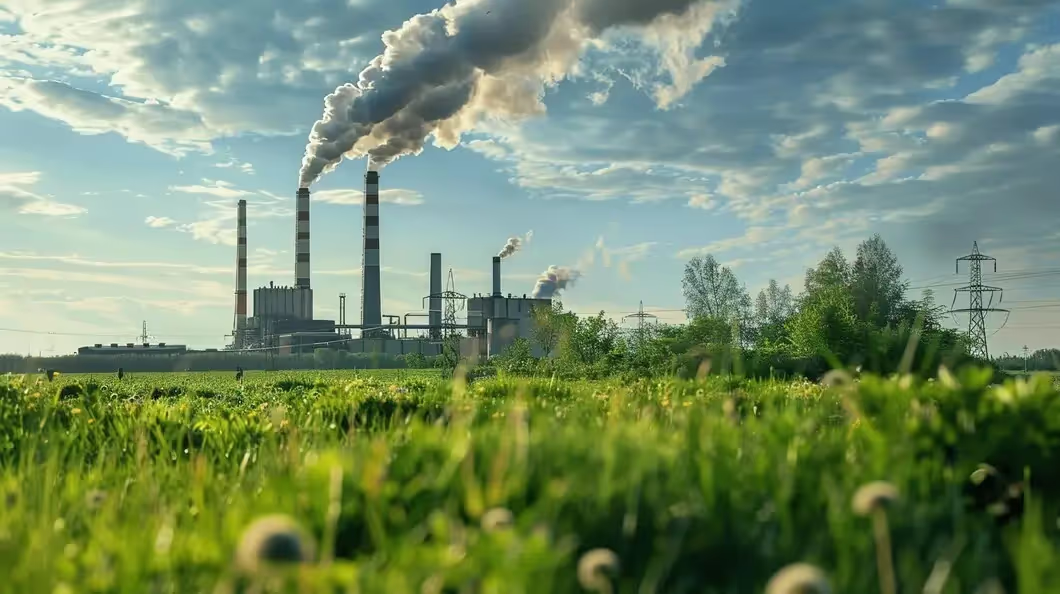
Track & Improve Supplier ESG Performance


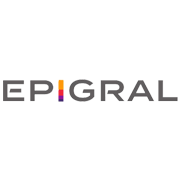


.png)


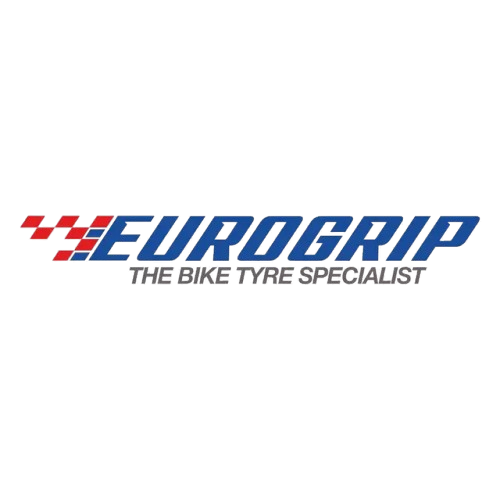
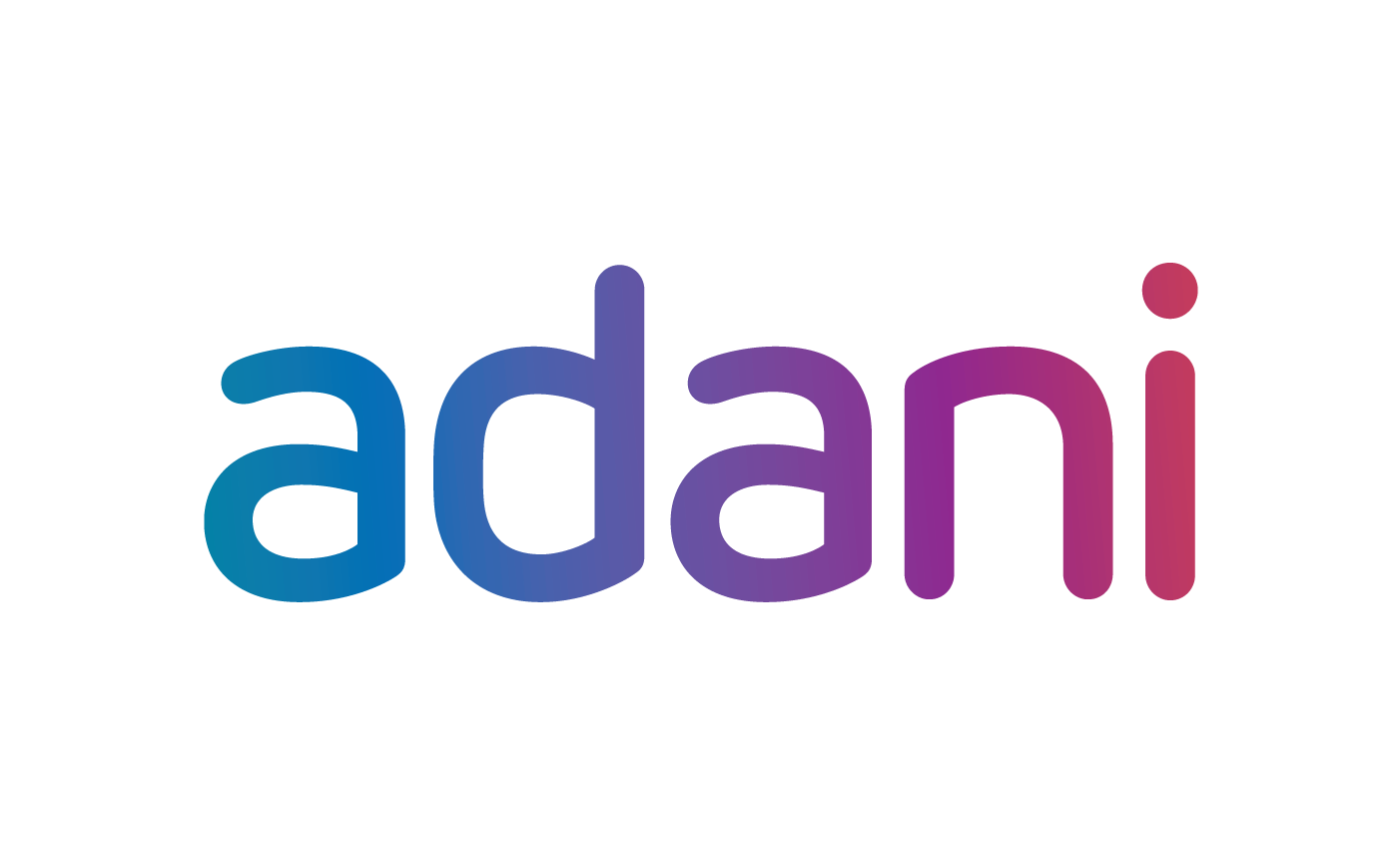




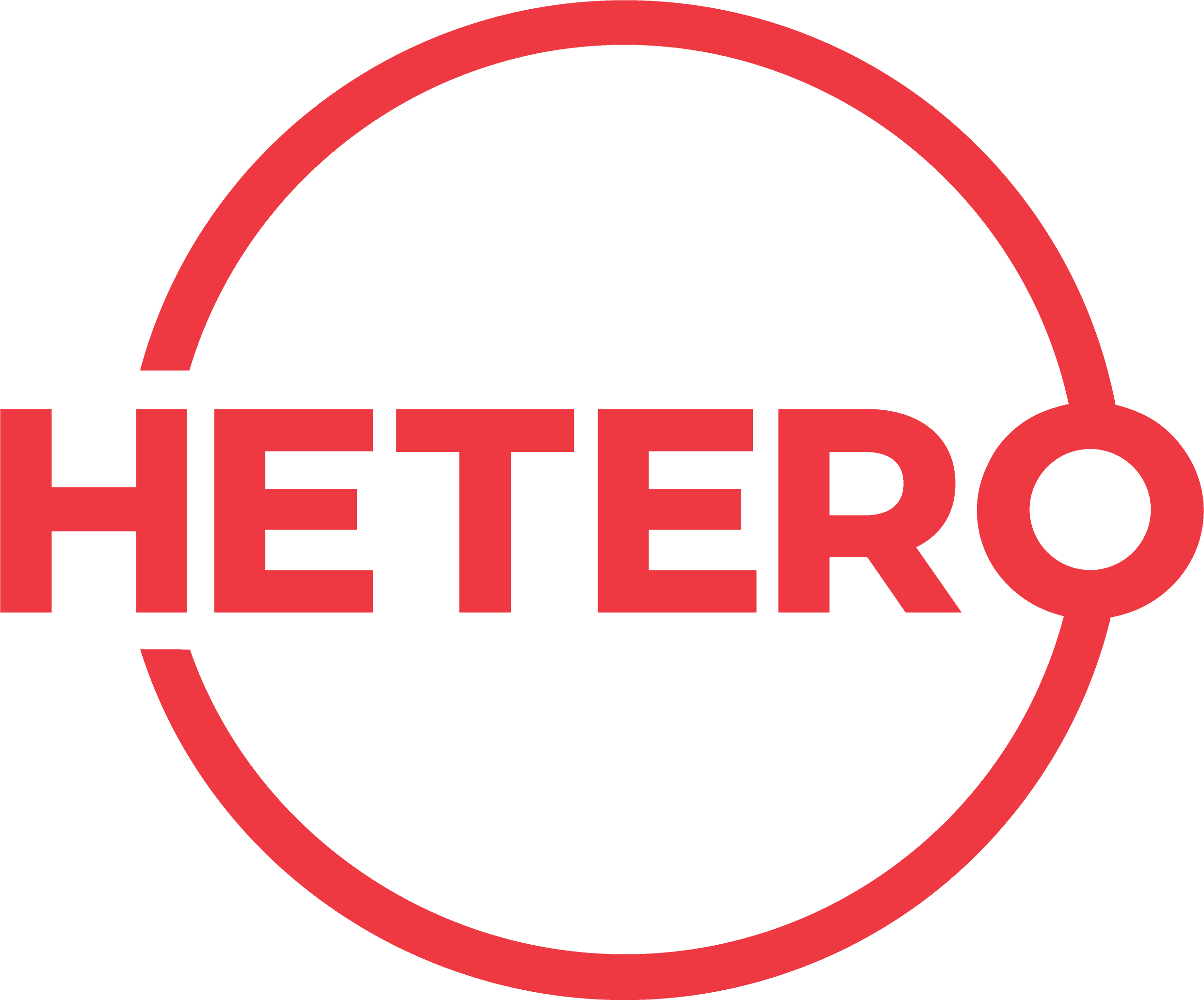


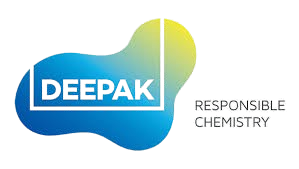

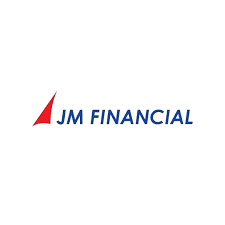
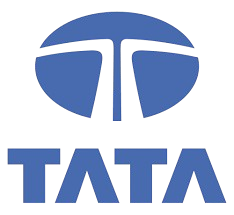

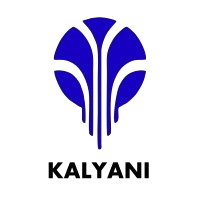







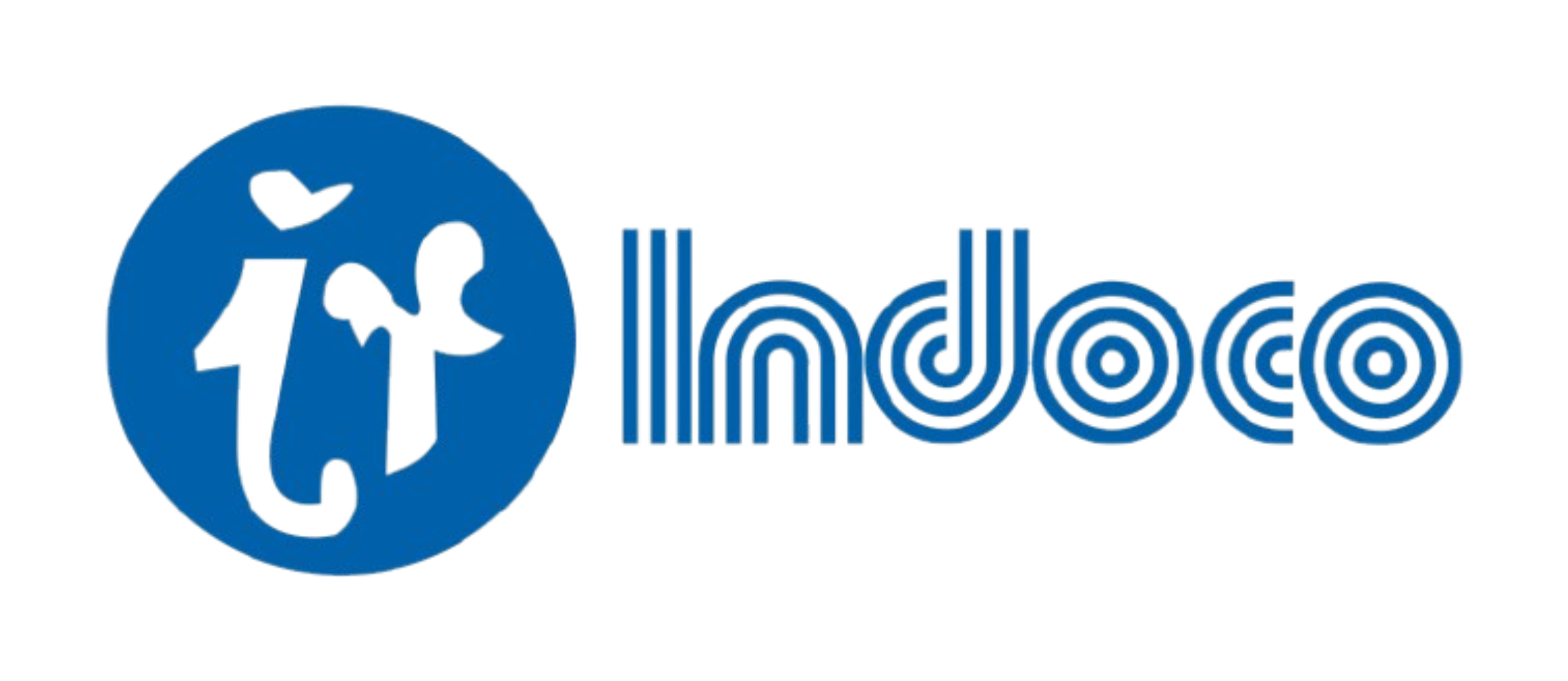

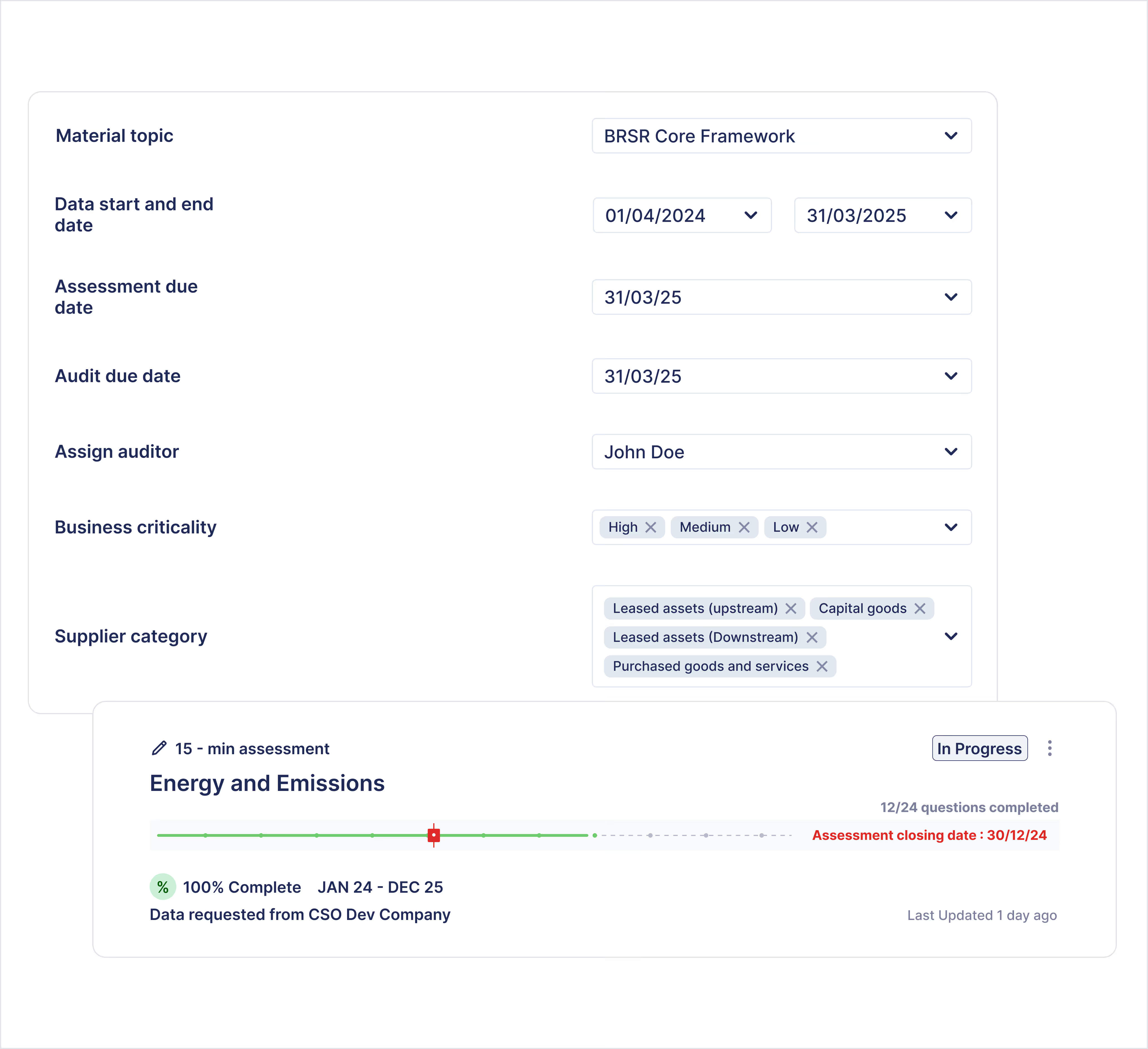
Customised Supply Chain Sustainability Programs
Transform your supply chain into a pillar of supply chain sustainability with tailored programs designed to meet your unique needs across complex and global supply chain sustainability requirements. From inception to implementation, our solutions empower you to create lasting impact across your value chain
Bespoke Solutions: Implement a fully customised supply chain sustainability service, supported by expert sustainable supply chain consulting.
BRSR Core & EcoVadis Ready: Engage your supply chain partners on ESG and prepare your value chain for global supply chain sustainability standards and regulatory expectations.
Supplier Performance and Collaboration
Empower your suppliers with intuitive tools and clear benchmarks that support supply chain sustainability, fostering a culture of continuous improvement and responsible sourcing
Performance Benchmarking: Evaluate and enhance supplier performance against defined supply chain sustainability standards
Supplier-Friendly Platform: Easy-to-use platform designed for seamless supplier engagement and collaboration.
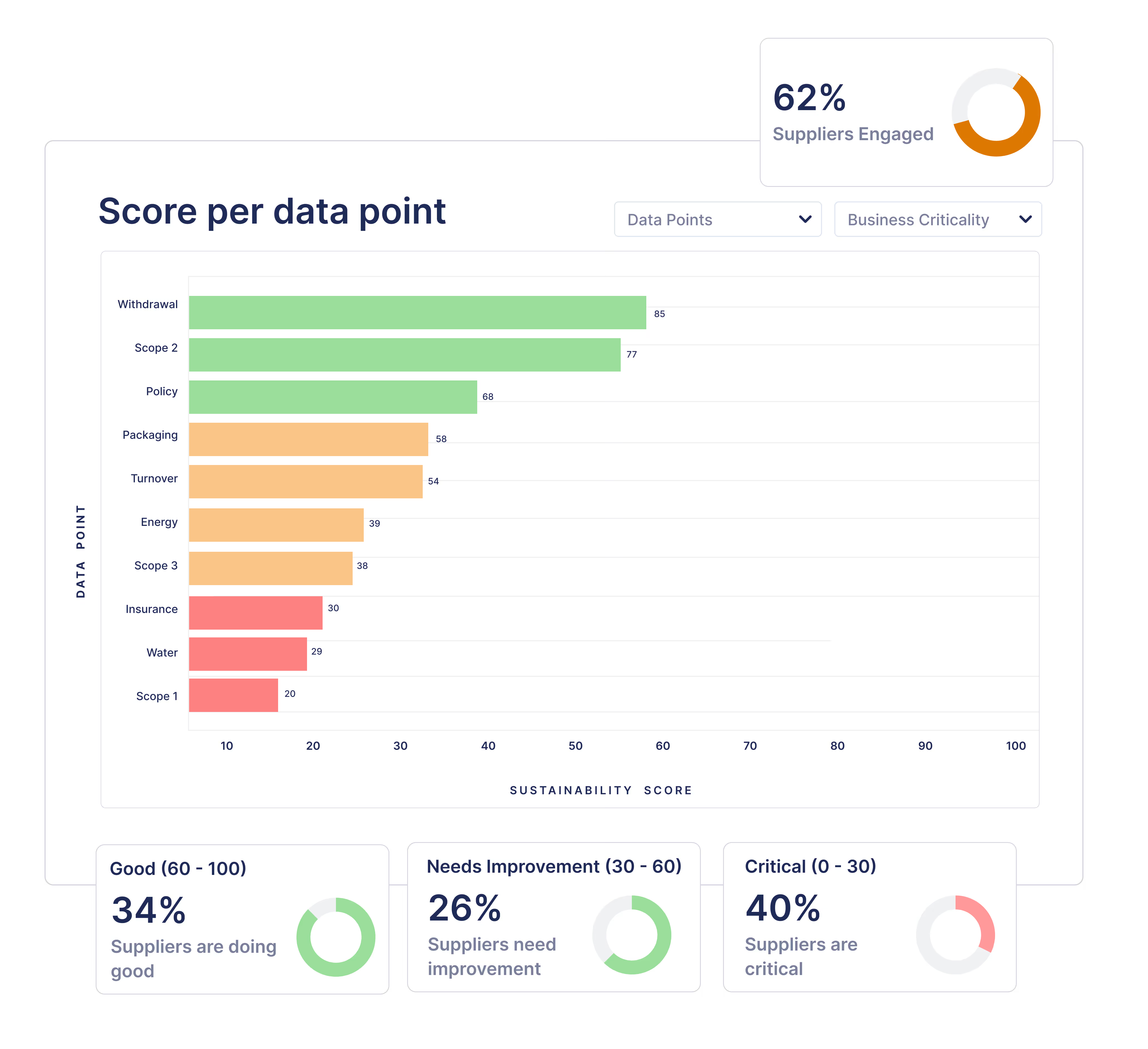
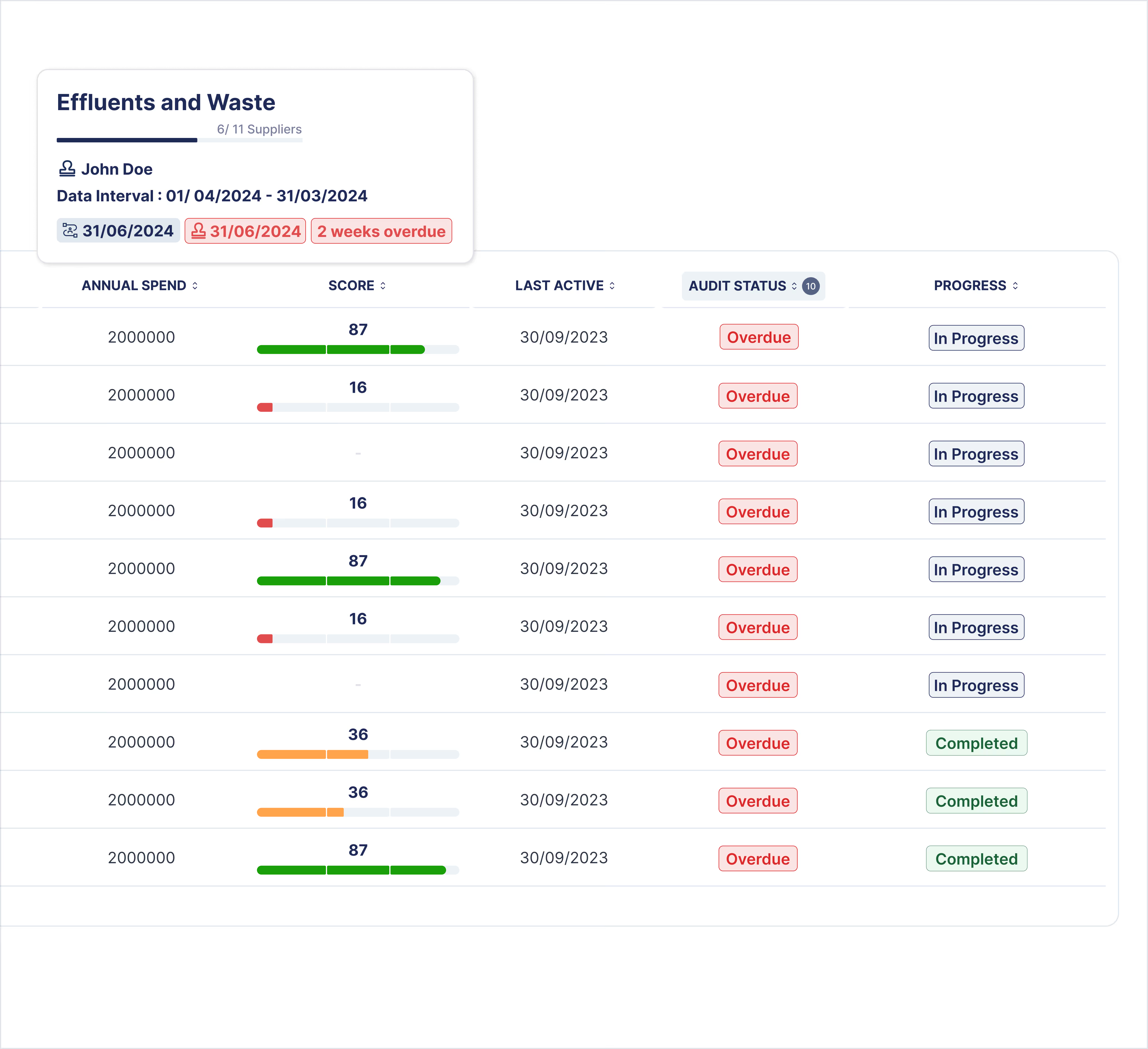
Data Integrity and Assurance
Ensure every supply chain sustainability decision is backed by reliable, high-quality data. Our commitment to data accuracy guarantees transparency and readiness for assurance processes.
Data Quality Commitment: Maintain the highest standards of data accuracy and reliability.
Assurance-Ready Data: Confidence in your supply chain sustainability reporting for audits, verification, and stakeholder assurance
Go Beyond Reporting.
Start Driving Real Impact.
Testimonials

Watch the Video Testimonial

Atul Khanapurkar
Executive Director, Shriram Pistons & Rings

Watch the Video Testimonial
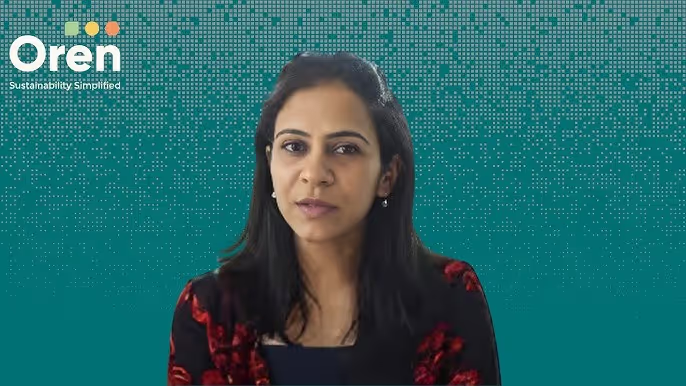
Vidhi Thukral
Senior Manager, Max Financial Services


Shalaka Ovalekar
Company Secretary and VP-Legal, ADF Foods
.png)
.jpg)
Gandupalli Santosh Kumar
Deputy Manager - ESG/Sustainability, Metrochem API Pvt. Ltd
Transform Your ESG Workflow:
What Took Months Now Takes Days
70%
Less time spent preparing data
$20,000
Cost savings across your team
10x
Faster ESG Reporting




